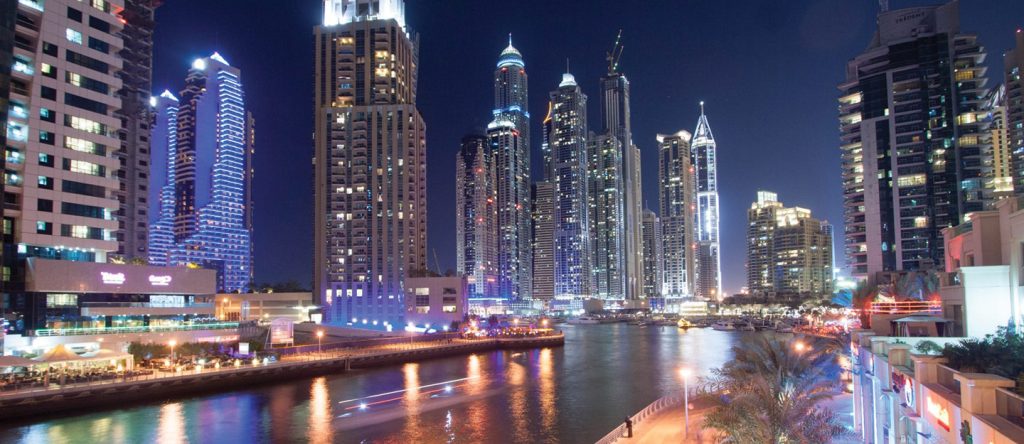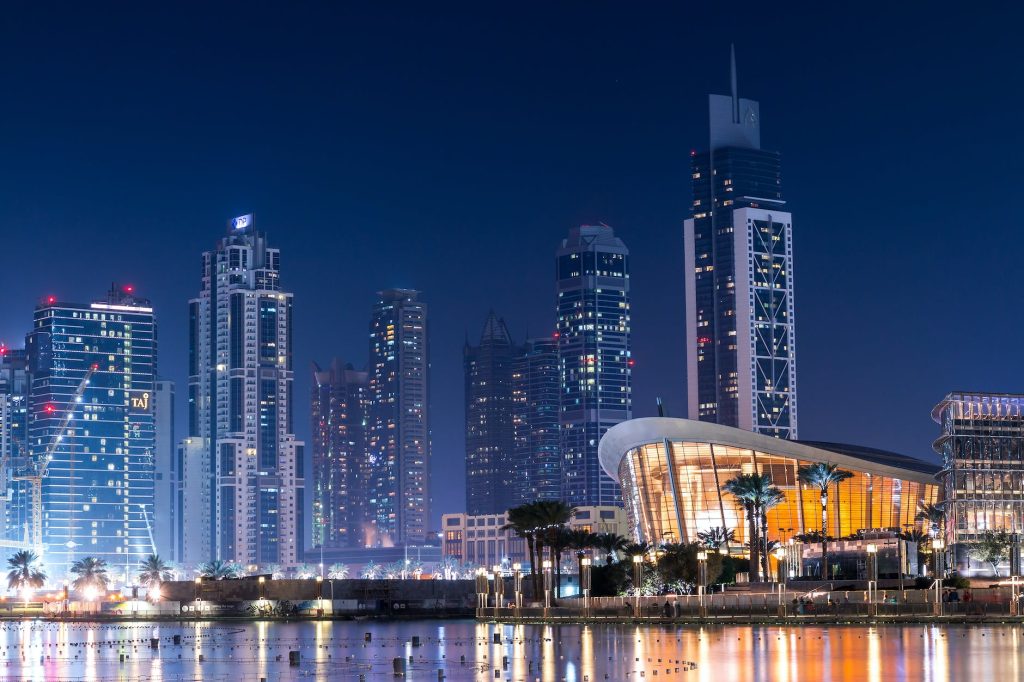
Dubai is a city and emirate located in the United Arab Emirates (UAE), situated on the southeast coast of the Persian Gulf. It is known for its luxurious lifestyle, modern architecture, and thriving economy. In this post, we will explore everything about Dubai, including its history, demographics, economy, and more.
History of Dubai
Dubai’s history can be traced back to the early 18th century when it was a small fishing village. The discovery of oil in the 1960s transformed Dubai into one of the fastest-growing cities in the world. In recent years, Dubai has diversified its economy and is now a hub for trade, tourism, and finance.
Demographics of Dubai
As of 2021, the population of Dubai is estimated to be around 3.4 million, with expatriates accounting for around 85% of the population. The city has a diverse population, with people from over 200 different nationalities living and working in Dubai. The majority of the population is made up of Indian, Pakistani, Bangladeshi, and Filipino expatriates, followed by Emiratis, who make up only around 15% of the population.

Economy of Dubai
Dubai’s economy is one of the fastest-growing and most diversified in the world. The city has transformed itself from an oil-dependent economy to a global hub for trade, tourism, and finance. The government has implemented policies to attract foreign investment, and as a result, Dubai has become a popular destination for businesses looking to expand in the Middle East.
Dubai’s economy is driven by a few key sectors, including real estate, finance, tourism, and trade. The city is home to some of the world’s most iconic buildings, including the Burj Khalifa, the world’s tallest building, and the Burj Al Arab, a luxury hotel shaped like a sailboat.
Real estate is a key driver of Dubai’s economy, with the city attracting investors from all over the world. The government has implemented policies to encourage foreign investment, including offering long-term visas and tax incentives to investors.
Tourism is another major contributor to Dubai’s economy. The city is home to some of the world’s most luxurious hotels and resorts, as well as popular attractions such as the Dubai Mall, the Dubai Fountain, and the Palm Jumeirah.
Dubai’s finance sector is also growing rapidly. The Dubai International Financial Centre (DIFC) is a financial free zone that was established in 2004 to attract foreign investment. Today, the DIFC is home to over 2,500 companies and has become one of the leading financial centers in the Middle East.
Advantages and Disadvantages of Dubai
Dubai is a city with many advantages and disadvantages. Let’s take a closer look at some of them:
Advantages of Dubai:
- Strong Economy: Dubai has a rapidly growing and diversified economy, which provides many job opportunities and attracts foreign investment. The city’s economy is driven by sectors such as real estate, finance, tourism, and trade.
- Tax-Free Environment: Dubai is a tax-free city, meaning that residents do not have to pay income tax, capital gains tax, or inheritance tax. This makes it a very attractive destination for investors and entrepreneurs.
- World-Class Infrastructure: Dubai has excellent infrastructure, including modern transportation, telecommunications, and healthcare systems. The city is also home to some of the world’s most luxurious hotels, resorts, and shopping centers.
- Safe and Secure: Dubai is considered to be one of the safest cities in the world, with low crime rates and a strong police presence.
- Cosmopolitan Culture: Dubai has a diverse population, with people from over 200 different nationalities living and working in the city. This makes it a very cosmopolitan and multicultural place to live.
Disadvantages of Dubai:
- Cost of Living: While Dubai is tax-free, the cost of living can be very high, especially for expats. Accommodation, transportation, and healthcare costs can be particularly expensive.
- Extreme Climate: Dubai has a desert climate, with extremely hot summers and mild winters. Temperatures can exceed 40°C (104°F) in the summer months, which can make it uncomfortable to be outside for long periods of time.
- Heavy Traffic: Dubai’s roads can be very congested, especially during rush hour. This can make commuting times very long and frustrating. However, the Dubai government is improving the roads continuously.
Final Notes
Dubai is a city that has transformed itself from a small fishing village to a global hub for trade, tourism, and finance. Its economy is one of the fastest-growing and most diversified in the world, driven by key sectors such as real estate, finance, tourism, and trade. The city has a diverse population, with people from over 200 different nationalities living and working in Dubai. With its luxurious lifestyle, modern architecture, and thriving economy, Dubai has become a popular destination for businesses and tourists alike.
In conclusion, while Dubai offers many advantages, such as a strong economy, tax-free environment, and world-class infrastructure, it also has some disadvantages, including a high cost of living, extreme climate, and cultural restrictions. It’s important to weigh both the pros and cons before deciding to live or invest in Dubai.
